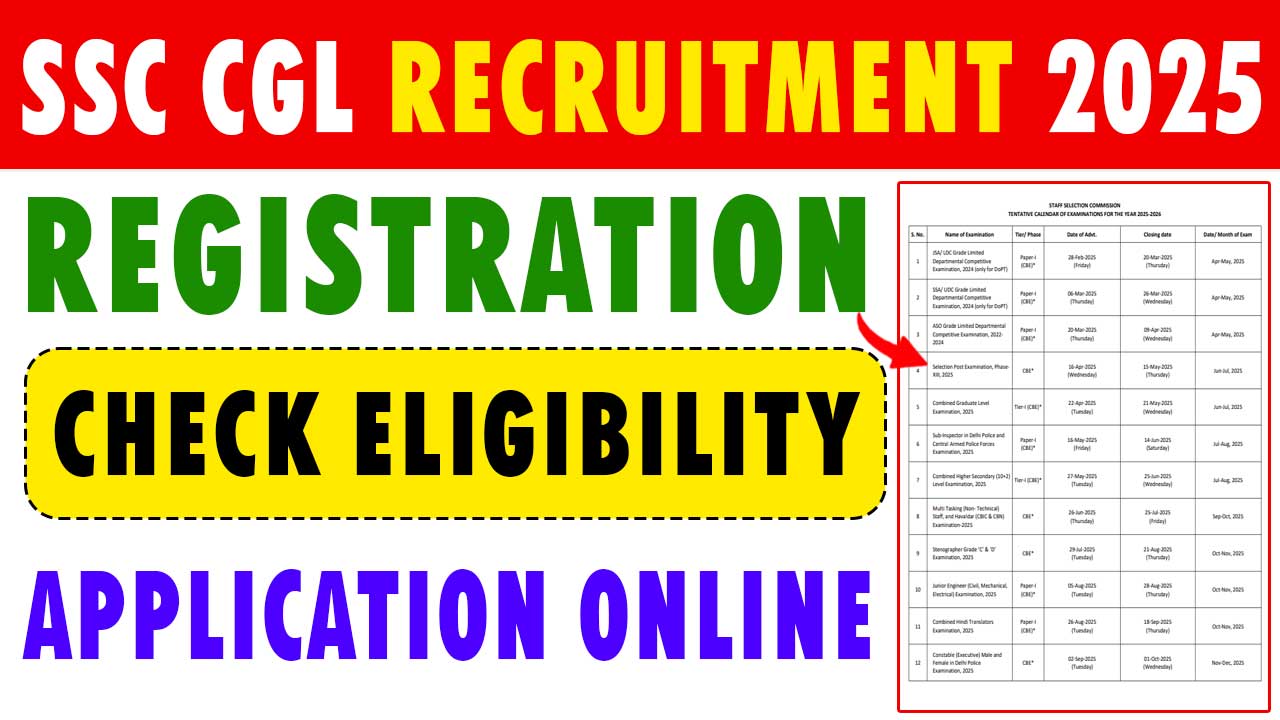
In today’s fast-paced and digitally driven world, mental health awareness is more important than ever. As we continue to evolve socially and professionally, the spotlight on mental well-being is growing brighter — and rightly so. With millions of people affected by mental health issues globally, it’s time to normalize conversations, reduce stigma, and foster a culture that prioritizes psychological support as much as physical health.
🧠 What Is Mental Health and Why Should You Care?
Mental health includes our emotional, psychological, and social well-being. It affects how we think, feel, and act. It also determines how we handle stress, relate to others, and make choices. Mental health is essential at every stage of life, from childhood through adulthood.
Ignoring mental health can lead to severe consequences, such as anxiety, depression, burnout, substance abuse, and even suicide. On the other hand, nurturing emotional health leads to better relationships, higher productivity, improved decision-making, and a higher quality of life.
🚨 Mental Health by the Numbers
- 1 in 5 adults experiences mental illness each year (NAMI).
- 50% of all lifetime mental illnesses begin by age 14.
- Depression is the leading cause of disability worldwide (WHO).
Despite the prevalence, a huge number of people do not seek help due to mental health stigma, lack of resources, or simply not recognizing the symptoms.
🧩 Breaking the Stigma Around Mental Health
One of the main reasons people hesitate to talk about mental health is social stigma. For generations, mental illness was seen as a weakness or taboo, leading to shame and silence. This stigma often prevents individuals from reaching out for the mental health resources they need.
Mental health awareness campaigns are crucial for educating the public, promoting understanding, and creating safe spaces for open conversations. Awareness reduces judgment and encourages early intervention.
🛑 Signs That You or Someone Might Be Struggling
- Persistent sadness or irritability
- Excessive fears, worries, or anxiety
- Social withdrawal or loss of interest
- Major changes in eating or sleeping patterns
- Thoughts of self-harm or suicide
If you notice these signs in yourself or a loved one, seek professional help. Early support can make a significant difference.
🌟 The Role of Self-Care and Support Systems
Self-care plays a pivotal role in maintaining mental health. This includes getting enough sleep, eating well, staying physically active, practicing mindfulness, setting boundaries, and taking breaks. But beyond self-care, having a solid support system — friends, family, or therapists — is vital for long-term mental wellness.
Employers, educators, and communities must also contribute by offering mental health programs, flexible work/study environments, and confidential counseling services.
🌍 Global Efforts to Promote Mental Health
Organizations like the World Health Organization (WHO) and Mental Health America (MHA) lead global initiatives to raise mental health awareness. Events such as World Mental Health Day (October 10) and Mental Health Awareness Month (May) are powerful tools to engage communities and promote positive change.
✅ How You Can Support Mental Health Awareness
- Educate yourself and others about mental health.
- Listen without judgment when someone opens up.
- Share resources and hotlines.
- Participate in mental health campaigns.
- Encourage others to seek help when needed.
📚 Helpful Mental Health Resources
- National Suicide Prevention Lifeline – Call or text 988
- Mental Health America
- NAMI (National Alliance on Mental Illness)
- Crisis Text Line – Text HOME to 741741
📝 Final Thoughts
Mental health is just as important as physical health, and it’s high time we start treating it that way. Whether you’re battling a condition yourself or supporting someone else, know that you are not alone. By fostering mental health awareness, we build more compassionate, resilient, and empowered communities.
Let’s work together to make mental health a priority — for ourselves and for each other.
Tags: #MentalHealthAwareness #EmotionalWellBeing #EndTheStigma #SelfCare #MentalHealthMatters #MentalHealthSupport #MentalIllnessAwareness #PsychologicalWellness





